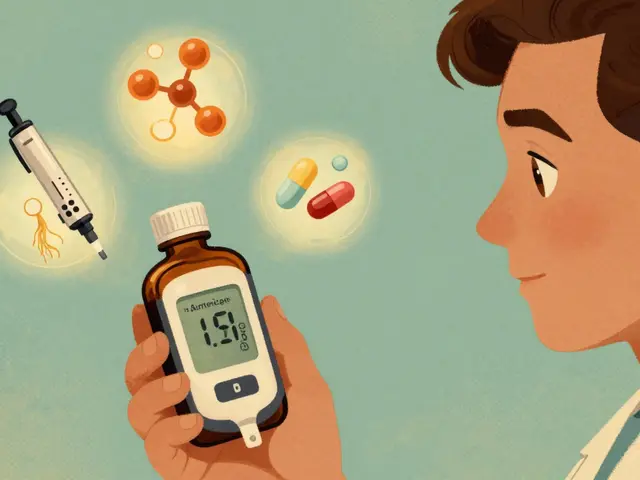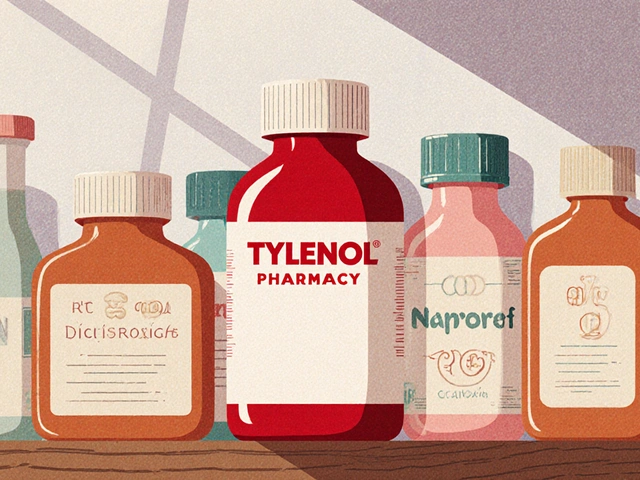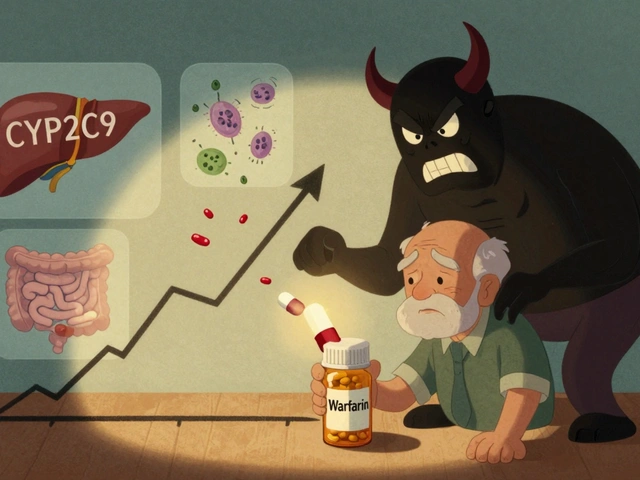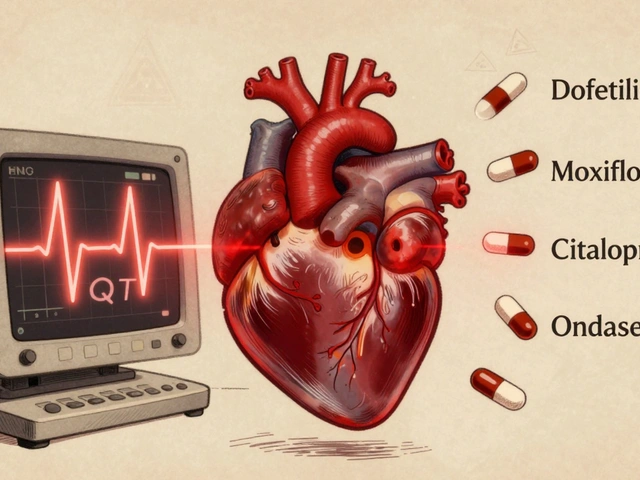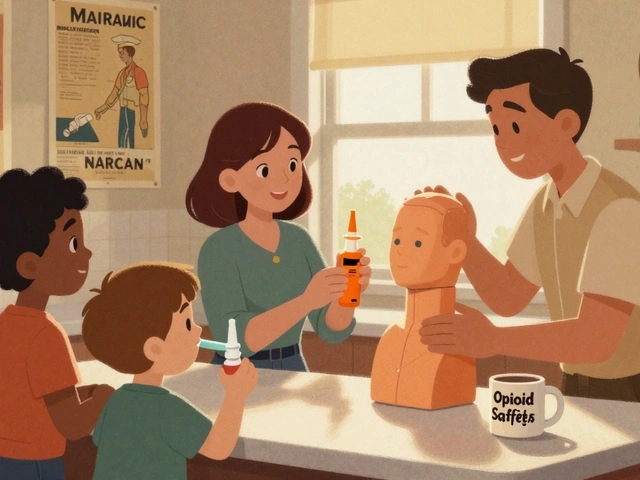Sexual Function: Causes, Meds, and Practical Fixes
Sexual problems are common — for example, up to half of men over 50 notice some erectile change — and they don’t just affect men. Low desire, trouble getting or keeping an erection, and painful sex are real issues that have clear causes and useful fixes. You don’t need shame, just a plan.
What commonly affects sexual function
Start by checking the basics: sleep, stress, alcohol and tobacco use, weight, and exercise. Medical conditions like diabetes, high blood pressure, heart disease, and hormonal issues (low testosterone or thyroid problems) also change libido and performance. Mental health matters too — anxiety and depression can reduce desire and make performance harder.
Don’t forget medications. Some antidepressants (SSRIs), certain blood pressure drugs, diuretics like Lasix, opioids, and some prostate or hair-loss treatments can lower libido or cause erectile problems. Also pay attention to food–drug interactions: citrus fruits can raise or lower levels of many meds and sometimes change side effects.
Medications: what to watch and practical tips
If you’re on medication and notice sexual changes, don’t stop the drug yourself. Talk to your prescriber about alternatives, dose changes, or timing adjustments. For erectile problems, doctors often suggest PDE5 inhibitors (sildenafil, tadalafil — branded forms like Vidalista appear on many sites). Those can work well but have rules: never mix with nitrates, check for interactions, and get a prescription from a licensed clinician.
Thinking of buying meds online? Use licensed pharmacies that require a prescription, avoid sites with no contact details or unbelievably low prices, and read independent reviews. If a site asks for no prescription or pressures you with fast shipping and crazy deals, skip it — that’s a red flag.
Small changes help: cut heavy drinking, drop cigarettes, move more, and sleep better. Losing even modest weight and adding 20–30 minutes of brisk walking most days boosts blood flow and hormones. Try pelvic floor exercises; both men and women can see improvements in control and sensation after a few weeks.
Sexual problems often have both physical and emotional sides. Open up with your partner, try scheduling intimate time when you’re rested, and consider a sex therapist or counselor if anxiety or relationship issues are part of the problem. Behavioral techniques can change how your brain responds and reduce performance pressure.
See a clinician right away if you have sudden pain, bleeding, a painful erection that won’t go away, or a major sudden loss of function. For slower changes, bring a list of meds, a short health history, and honest notes about lifestyle — that speeds up useful answers and safer treatment choices.

Bicalutamide and Sexual Function: Managing Side Effects
In my latest blog post, I discuss Bicalutamide, a common treatment for prostate cancer, and its impact on sexual function. Many patients experience side effects such as erectile dysfunction and decreased libido, which can be quite distressing. I explore various strategies for managing these side effects, including medications, lifestyle changes, and counseling. Communication and support from partners can play a crucial role in addressing these issues. Don't miss this important discussion on maintaining sexual well-being while undergoing cancer treatment!
Read More
